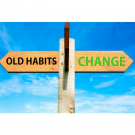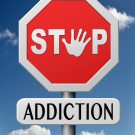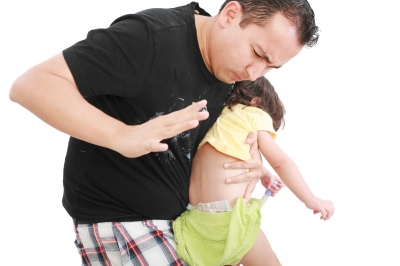Is the Opposite of Addiction Connection? Exploring the Root Causes of Addictions
The author of Chasing the Scream, Johann Hari states: “The opposite of addiction isn’t sobriety – it’s connection”.
But can the causes of addictions be reduced down to just one simple reason?
In his TED talk, titled “Everything You Think You Know About Addiction is Wrong”, Hari argues that there is an underlying cause to addiction that isn’t being sufficiently addressed with addicts. He states that the current war on drugs does little to address what he says is the key underlying cause of addiction in the first place: The lack of connection and profound loneliness that perpetuates their behavior.
What is the evidence he uses to support this argument?
Read MoreHow to Make Habit Change Easy
Did you set New Year’s Resolutions this year?
(See my suggested articles below if you need ideas)!
If yes, are some of these goals ones you have been struggling with for a long time?
If so, are you sure you are taking the best approach?
You may have noticed that some habits are easier to change than others. Why? Because lurking below the surface of your conscious mind, is your subconscious mind. Your subconscious mind contains your feelings and thoughts from your past that could leave you either feeling empowered or helpless in the face of a new goal.
Want to learn how to make habit change easy?
Read MoreReleasing Addictions with the Body Code
I had a client that was addicted to pot, drank too much alcohol and played too much chess.
He would smoke 10-15 bowls (Pipes) per day, drink 2-4 alcoholic drinks per day, and had to play chess every day for 1-1.5 hrs.
He had tried to quit smoking pot before, and had successfully before, but it made him angry and resentful that he had to give up something he felt he needed. So to distract himself from his addiction to pot, he played chess 3-5 hrs a day! After a couple of years of this, he went back to smoking again.
So he asked me to release his addiction to pot, and we worked on all the triggers that made him want to smoke. Most of those triggers were around his difficulties getting along with people.
By the next session,
Read MoreHow Releasing Subconscious Barriers Changes the Brain
I call myself a Holistic Healer for a Happy & Healthy Brain, and yet I release subconscious barriers. So how does releasing subconscious barriers change the brain?
While I can’t provide decisive evidence about how it changes the brain, I can conjecture a theory based on current findings in neuroscience.
We know, thanks to the discoveries of neuroplasticity, that our brains are constantly evolving, and that habit changes rewire the brain.
Read MoreHow to Deal With Bullies, Trolls and Haters
Last week, I submitted a comment on a blog, and got back the wrath of what I like to call an “angry man-child”. This person insulted me and everything that I said, and it was clear that he was ready to pick a fight. I felt myself getting defensive, and I started to think how I’d retaliate. But I quickly realized that my emotions were getting in the way of me. I decided that I’d try to call him out on his behavior by labeling it, and then I tried to respectfully use reason to argue my point.
I had hoped that I would increase his awareness of how he came across, but he came back with more vehement insults and lambasted me for not addressing his points.
I knew that he was an angry man-child, and that he was trying to defend an ego that someone in his past had insulted. But I still wanted to find a way to silence him. I wanted him to realize he was spreading anger and hatred that only hurt people and himself.
I couldn’t seem to let the issue go!
Read MoreDoes Punishment Really Work?
I have always been interested in the question of what inspires people to be their best. Why do some people have a tendency towards violence or addiction or cruelty? Why are there people that only seem to care about themselves? And what makes someone spend their entire life dedicated to serving others?
America is a punitive society and has grown increasingly more so in my lifetime. Our prison population has had about a 8.5x increase since 1980! We have the 2nd highest per-capita incarceration rates in the world. Most prisoners are not violent when they go into prison, and are at higher risk for deviant behavior when they leave.
Parents and teachers also struggle these days with difficult children who are disrespectful , argumentative or uncooperative. The default approach stems from the belief that punishment is a deterrent.
But is punishment really an effective deterrent?
Read More







